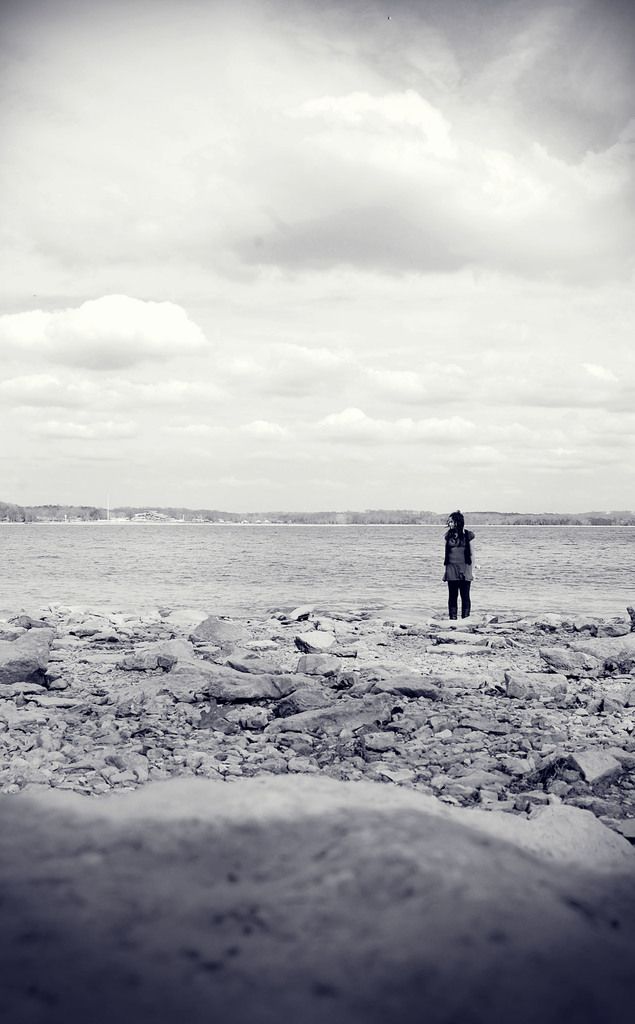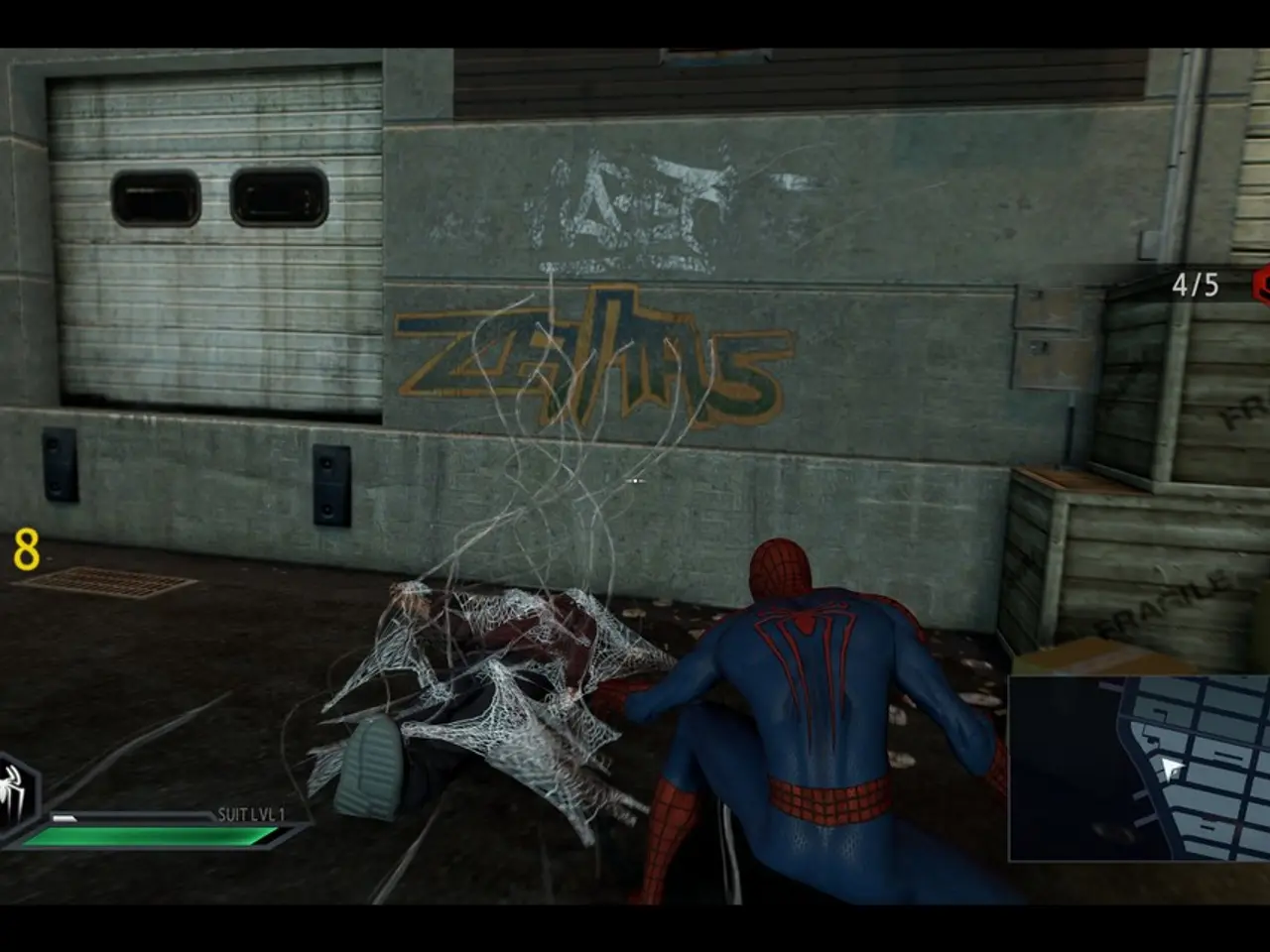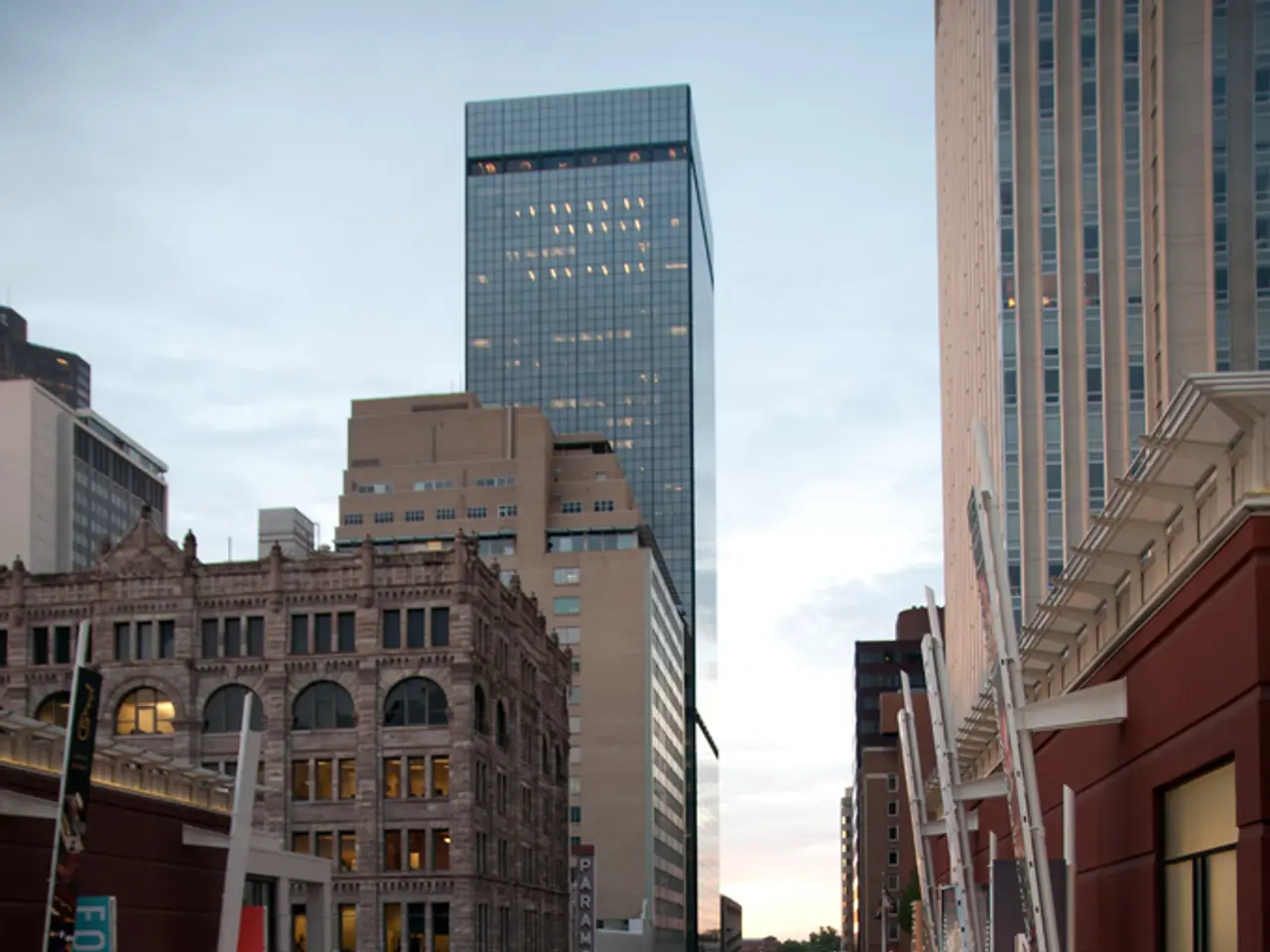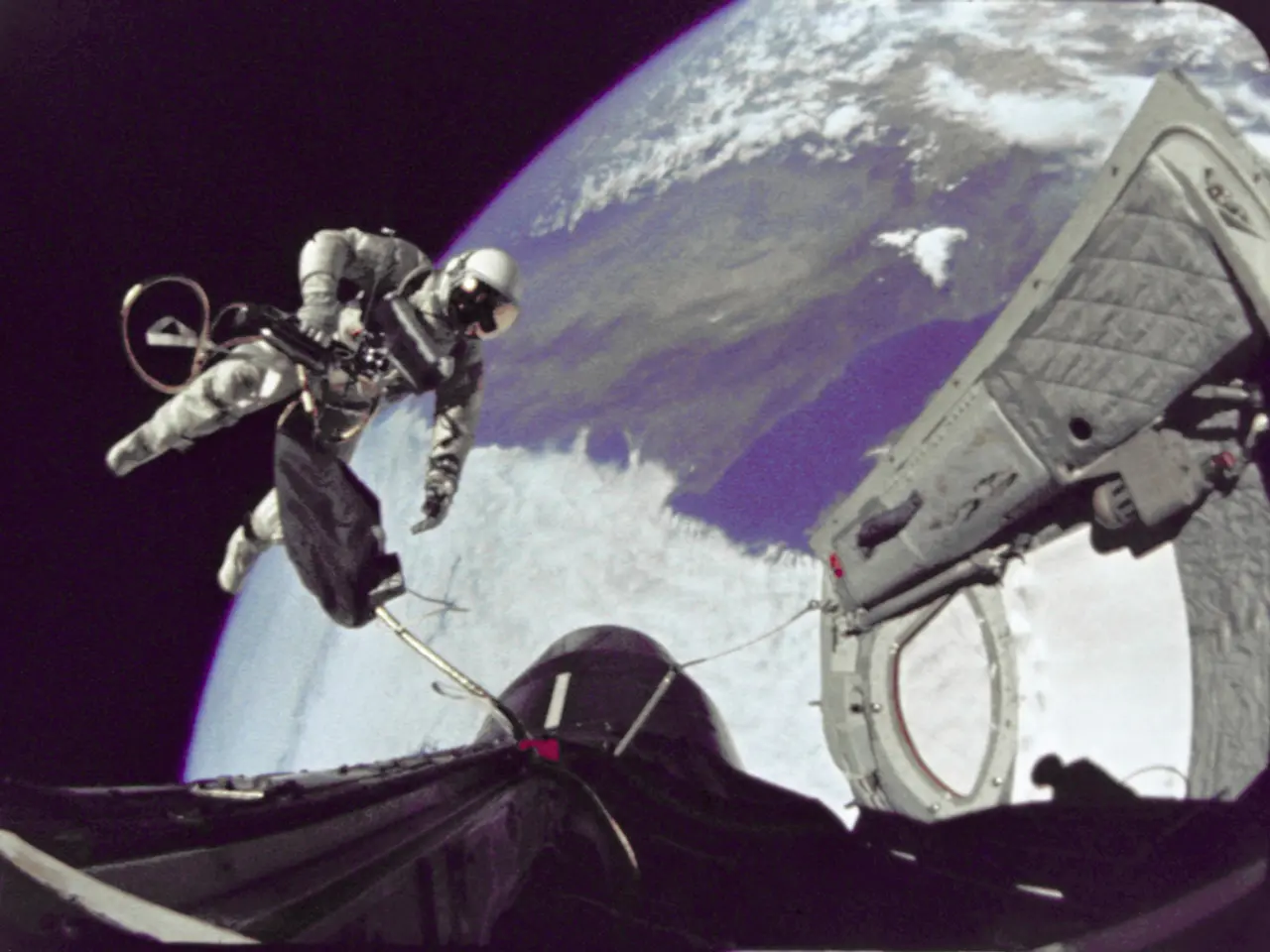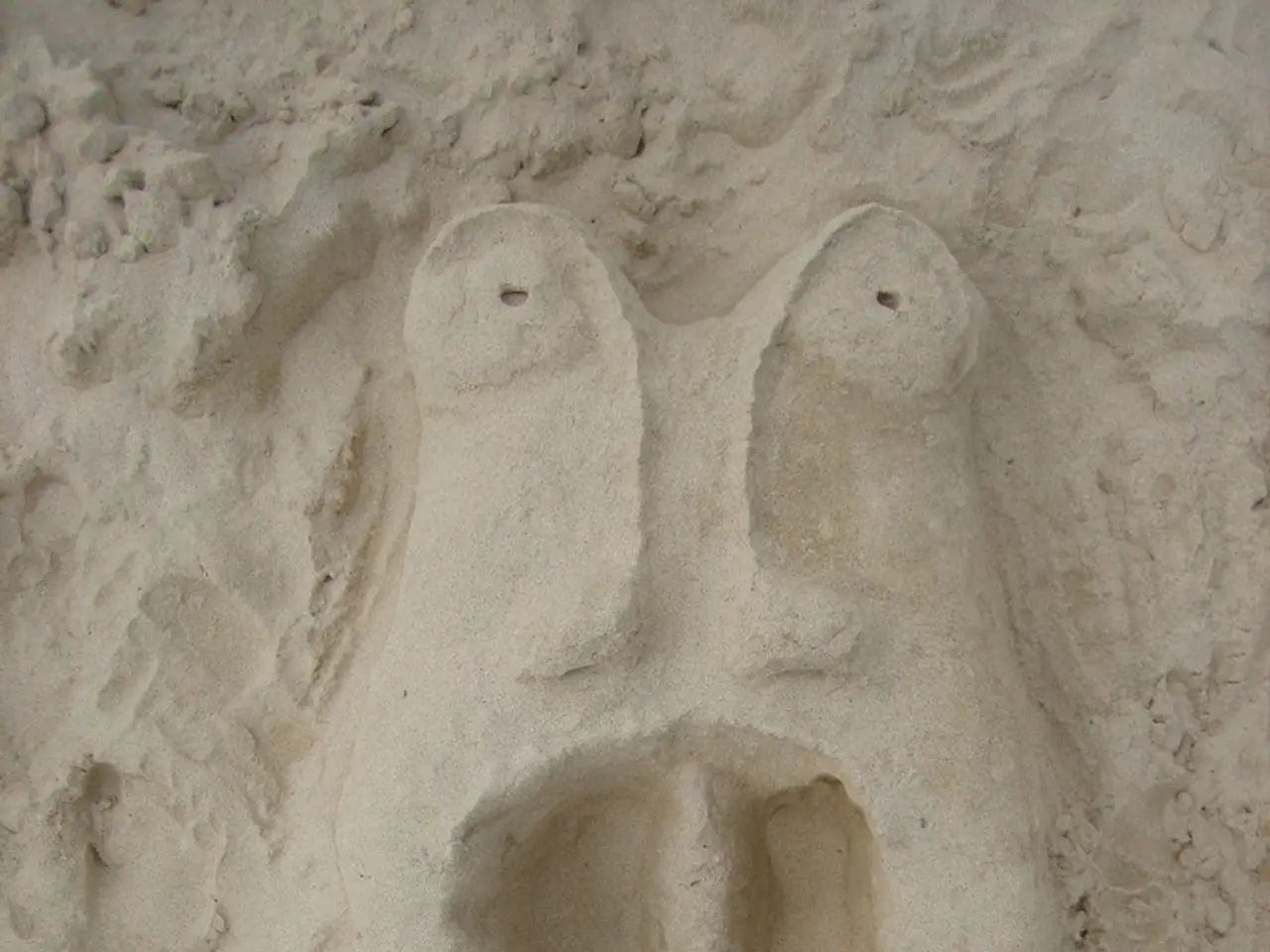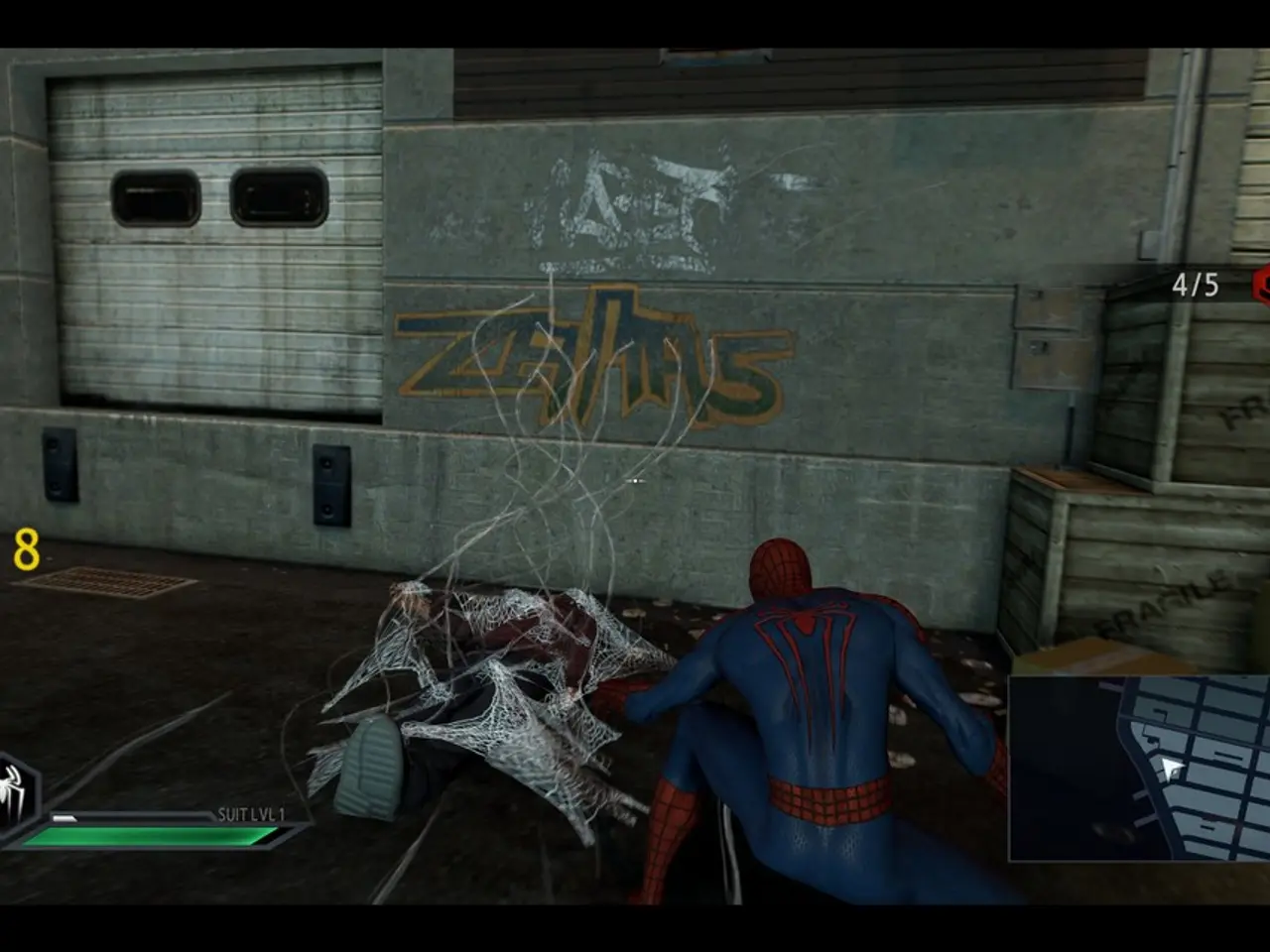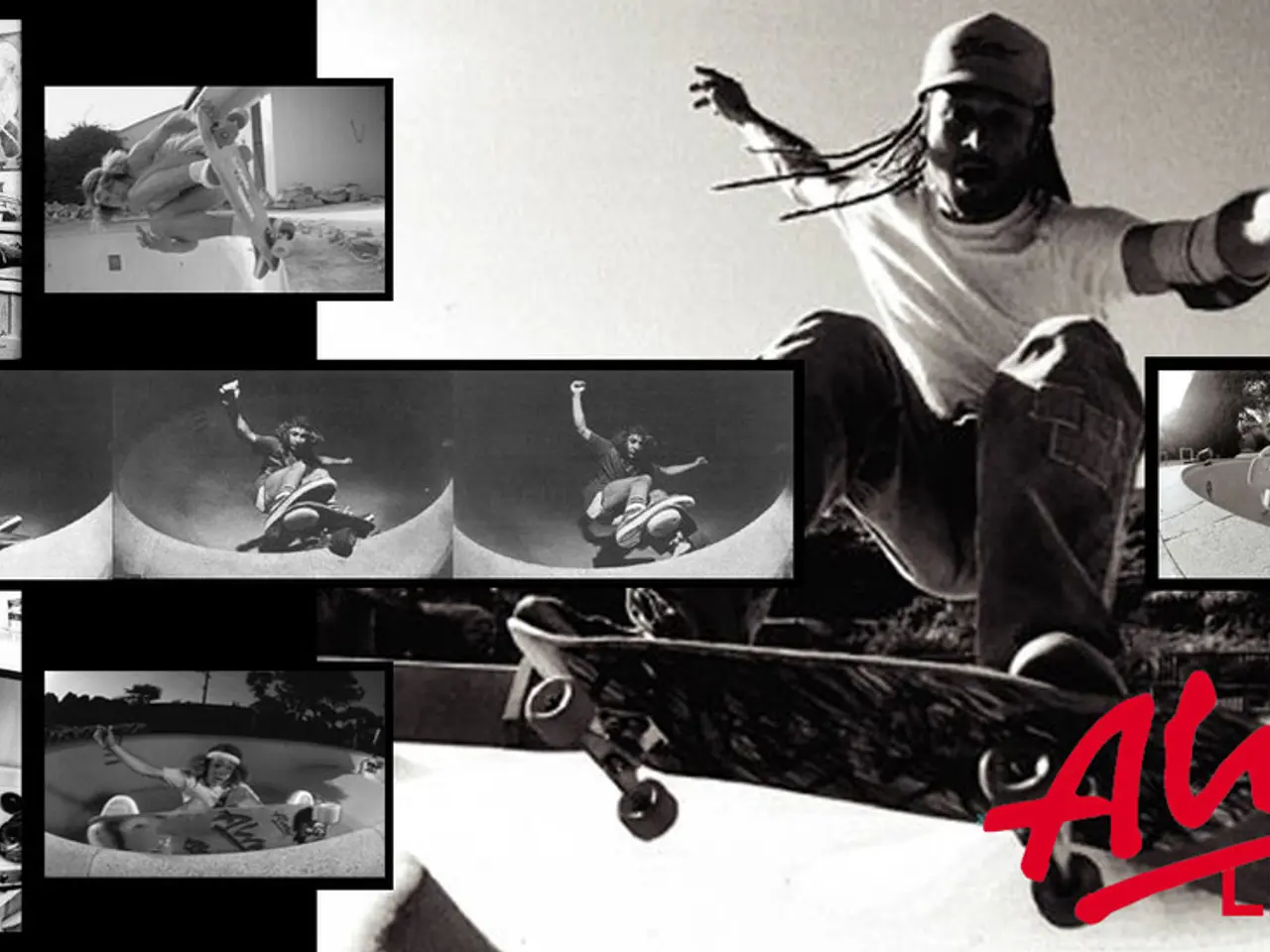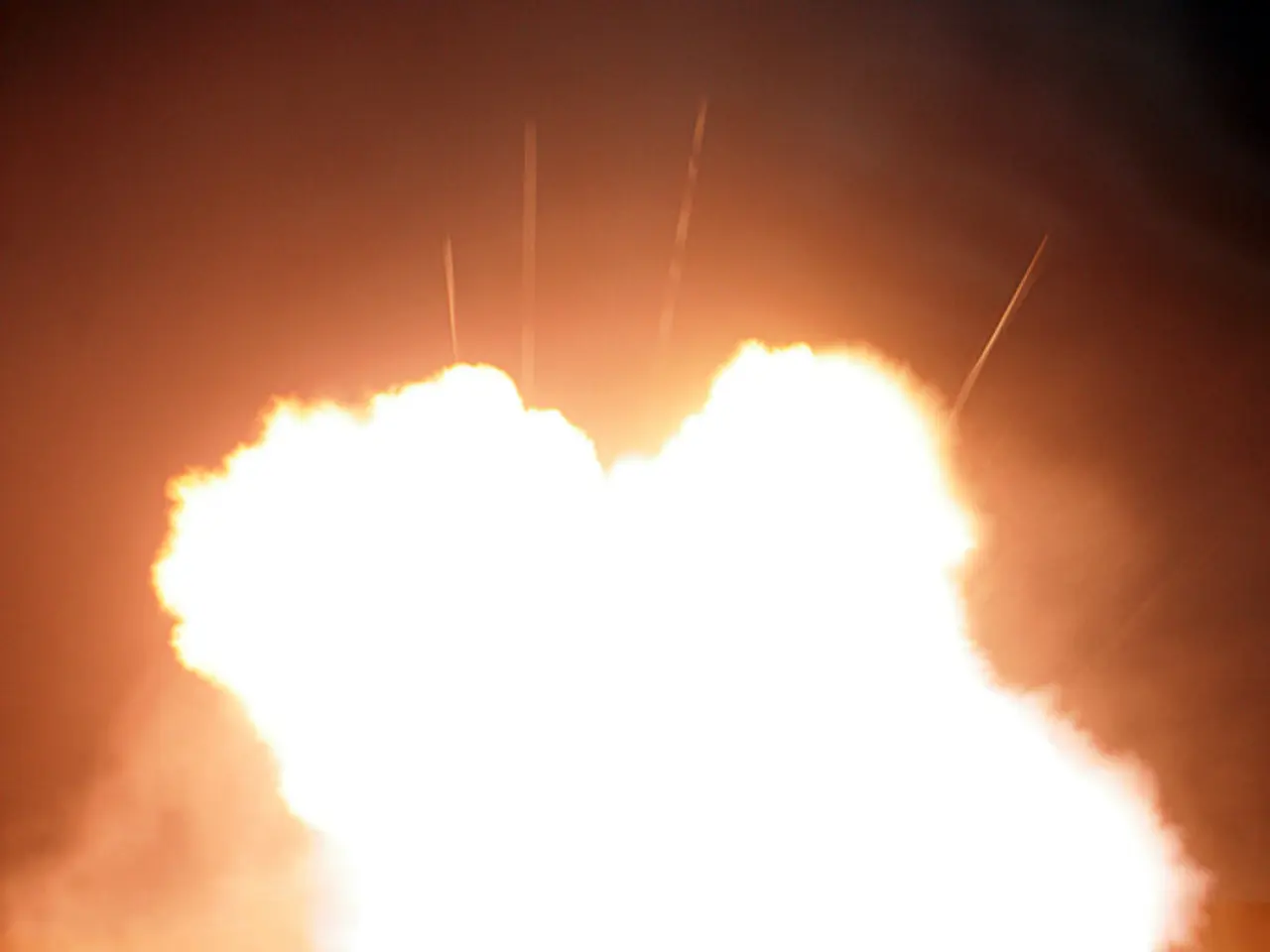A Heartfelt Thanks to Sas Carey | Interview
Discourse with Sas Carey: Exclusive Interview
CINEMA VERITE IN CONVERSATION JOIN OUR COMMUNITY Caring for Sas Carey's delightful token for our film, "Transition," I am deeply appreciative. Your esteemed festival, finding our documentary among your favorites, blesses our humble crew.
Our Organization - Delighted to have you, Sas! What sparked your initial passion for filmmaking?
Sas - It wasn't the craft of filmmaking that captivated me initially; rather, the captivating nomadic life of Mongolia called out, begging to be preserved before it faded away. The wonders of the Mongolian nomadic women—surviving on just five liters of water daily—left me in awe. My mind wandered back to this occurrence in the US during meditation, when I received a sudden call to create a documentary. Upon arriving in Mongolia, I fortuitously met a videographer, translator, and driver, swiftly setting off on our journey to capture the nomadic life. The fascination with the lifestyle triggered this cinematic endeavor.
Our Organization - Who inspired your filmmaking journey and how did they shape your work?
Sas - The New Yorkers Joseph Spaid, animator, and Fernanda Rossi, story consultant, were my earliest muses. Untrained in filmmaking, I was unlike typical film enthusiasts, being a second-grade teacher, a nurse, and an energy healer. My call to create movies came from within, seeking to make them as honest and authentic as possible to showcase true life. Coincidentally, I later found some of my methods had a name, cinema verité. My objective was to capture the everyday lives of nomads and edit them into compelling stories.
Observing numerous cinema verité works, I noticed many were narrated. I intentionally chose to let the nomadic herders speak for themselves through actions and words, making the movie 100% their story. While some viewers may falter during my unconventional storytelling, I believe that, much like discovering a foreign land, they too will find their footing.
Our Organization - As an independent filmmaker, what challenges have you faced, and how have you persevered?
Sas - The most significant obstacle has been funding. In response, we established Nomadicare.org, a nonprofit organization dedicated to raising funds for the important work we do. "Transition" was made on a minimal budget, with only four of us riding reindeer and horses into the taiga. The smaller crew was advantageous, as our presence had a lighter impact on the nomadic lives, yielding more genuine results.
Enduring challenging conditions, we shot scenes in mountains at 2500 meters, during rain, snow, and windstorms. Despite adversity, our solid team helped to faithfully portray the nomadic herders' lives.
Our Organization - As a seasoned independent filmmaker, what pearls of wisdom can you share with aspiring creators seeking to build a strong team?
Sas - Seek out individuals you know for their exceptional skills and whose work resonates with yours. I met our Director Of Photography Marcin Lesisz in Estonia, and our audio technician, Dune Mayberger, is my grandchild. My translator and I had collaborated before, while our production and post-production crews were recommended by peers. Developing strong bonds is essential when working in challenging conditions far from home.
My advice is to surround yourself with people you trust and appreciate. As a director, cultivate a positive, respectful atmosphere, inspiring a harmonious work environment. The team's cohesion is reflected in the quality of the production.
Our Organization - In the age of digital media, how do you gain visibility and reach a wider audience for your films?
Sas - Perhaps this interview will lend a hand!
It is a matter of great pride that "Transition" has been screened by forty-two film festivals across five continents. I am always eager to introduce audiences to our films through lectures, classes, screenings, and museums. My latest book, "Marrying Mongolia," may also pique the curiosity of readers, resulting in greater film viewership.
Our films are accessible on Amazon Prime and Vimeo, making it possible for viewers worldwide to enjoy them.
Our Organization - What are your predictions for the future of independent cinema, given the digital revolution?
Sas - I view the digital transformation as incredibly hopeful, as making films now requires less expensive equipment, enabling artists from around the world to create and share their stories. The primary goal is, of course, for audiences to see the film and gain insights into unique cultures, such as the nomadic lifestyle we have preserved.
Our Organization - Can you share the inspiration behind your award-winning film?
Sas - Following the completion of "Gobi Women's Song" and a reunion with the women eight years later, I discovered they no longer lived nomadically. To address this shift, I created "Migration," a movie depicting the lives of reindeer herders who continued to embrace their nomadic lifestyle. During this project, I encountered Khongorzul, the protagonist of the film. Her struggle to balance her traditional lifestyle with urban career opportunities resonated with many. My goal was to portray one person's journey as they tackled this question.
Our Organization - Are there any upcoming projects you're eager to work on?
Sas - The last thirty years have seen me accumulate a wealth of material, including films, shorts, and books. My focus now shifts to marketing these creations and seeking platforms for their preservation. I am hopeful that a university or museum, perhaps even in Mongolia, will become the permanent home for my extensive collection, ensuring its longevity and accessibility to future researchers and audiences.
"Sas's captivating journey into Mongolia, sparked by the intrigue of the nomadic lifestyle, has led to a successful career in filmmaking that reflects the world of entertainment and movies-and-tv."
"With a diverse background ranging from being a second-grade teacher to an energy healer, Sas has demonstrated that a passion for authentic storytelling can bridge various fields, making an impact in both entertainment and culture."
